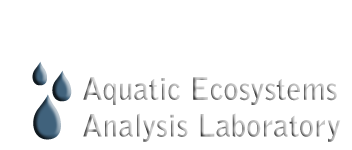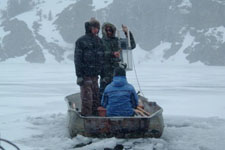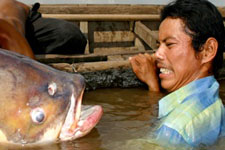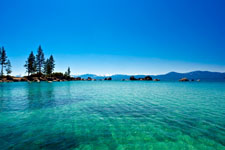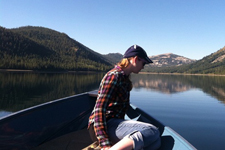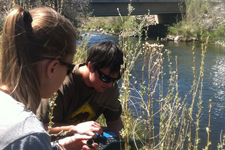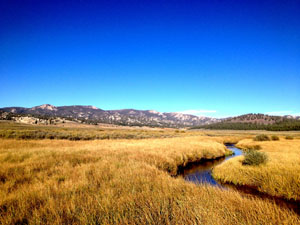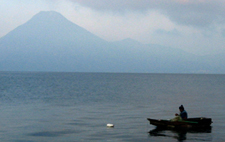Aquatic Ecosystems Analysis Lab Projects
We are committed to working on projects that assist agencies & non-governmental organizations in conserving and restoring aquatic ecosystems or improving basic knowledge in the field of limnology. Many of our projects focus on local, regional, or international issues (see blue dots below).
Find out more about our unique and exciting projects below:
